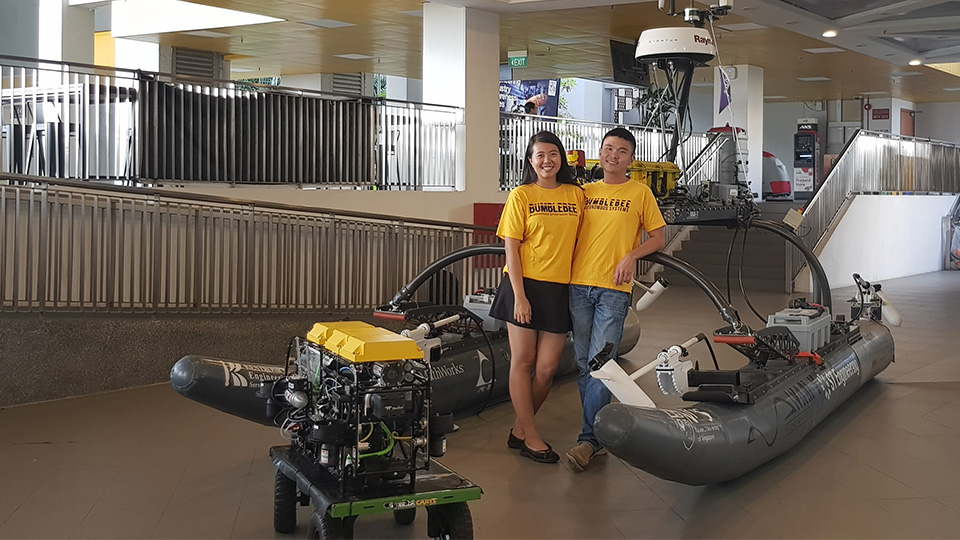The National University of Singapore (NUS) will be investing up to S$1.5 million in 15 deep-tech teams that have completed the NUS Graduate Research Innovation Programme (GRIP).
Managed by the NUS Industry Liaison Office, the programme seeks to tap into the University’s talented graduate students, post-doctoral fellows and research staff to establish and run high potential start-ups based on deep technologies from NUS.
Some of the novel inventions include an AI-based system that accurately administers epidural; a soil supplement that helps plants survive in drought conditions; a novel way of storing natural gas safely and longer; a software that reads and analyses text better than a human; a highly versatile autonomous underwater vehicle for maritime applications; and a software that promises high-quality video streaming.
In September last year, NUS announced that the university has committed SGD 25 million to co-create up to 250 deep-tech start-ups over a five-year period through NUS GRIP.
The first run of NUS GRIP has recently been completed and a total of 15 deep-tech teams were recommended to receive the first tranche of seed funding when they form their companies.
These teams offer a broad range of solutions in three key tracks – engineering, biomedical, as well as ICT and lifestyle. Each start-up will receive up to SGD 100,000 in funding from NUS.
“The 15 start-ups selected for this inaugural funding have all shown strong market and business potential. We are pleased to give them a big push in their start-up journey and accelerate the transfer of these innovations to the market, both locally and globally," Professor Freddy Boey, NUS Senior Vice President (Graduate Education & Research Translation).
"There will be more rounds of funding to come, as we aim to invest up to 50 GRIP start-ups each year, over the next 5 years. In the long run, we hope that many of these NUS GRIP start-ups could become successful deep-tech companies and create innovation-based jobs in Singapore, as well as produce a sizable number of entrepreneurs for the Singapore economy,” Prof Boey added.



